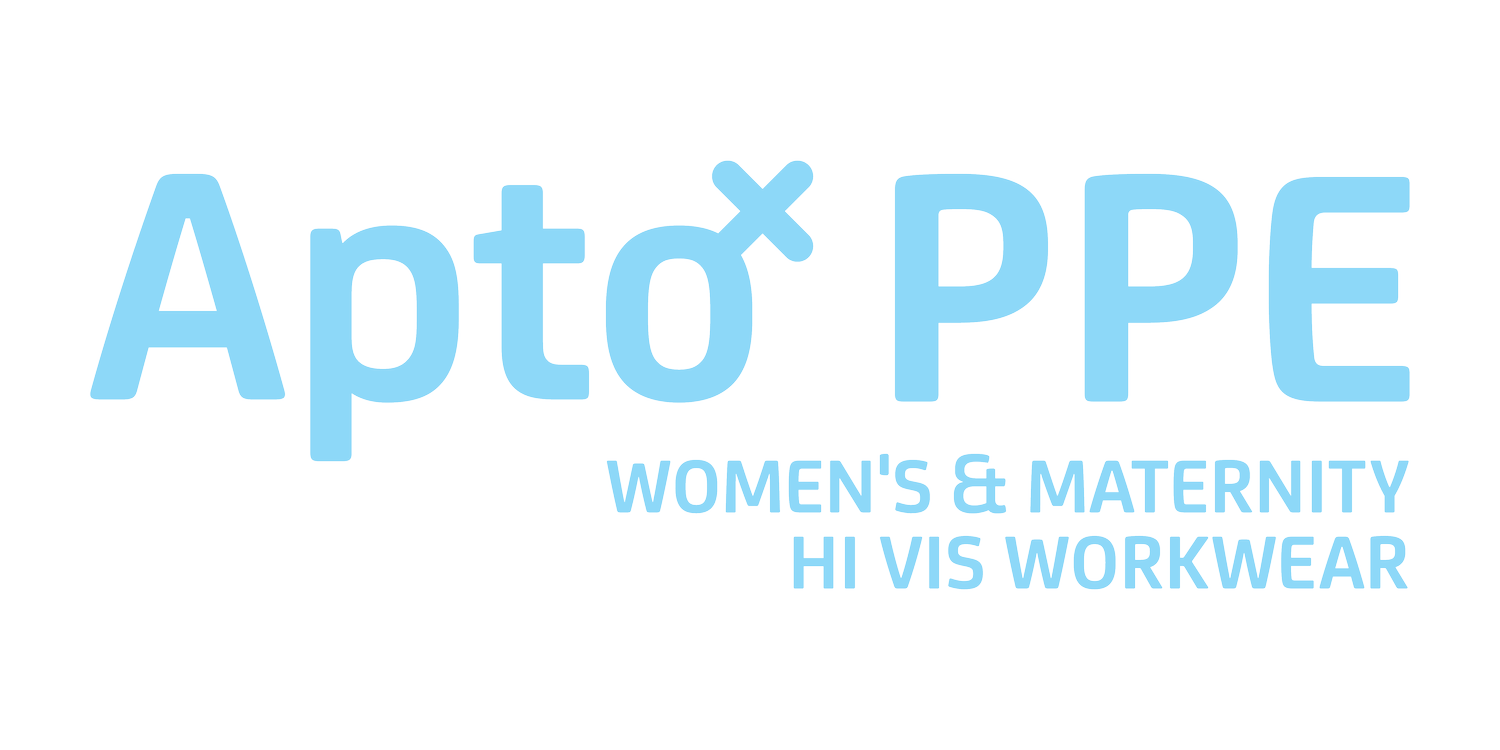What does equity mean through a young persons’ eyes
Embrace equity is a fabulous tagline for this year’s International Women’s Day and one which we all should approach life as a whole. International Women’s Day always makes me sit and reflect on what has been accomplished by women over the years and also the challenges women still face in many societies. But most importantly it is about what every single one of us can do to make sure diversity, equity and inclusion are the norm in everything we do.
I have two primary school age daughters, Grade 4 and Grade 1, and there are some interesting and complex questions now being asked by them about women in different societies and the roles they play.
Our first conversation was around who was my boss. When I answered that I have a business partner and we own the business equally, the six year old asked: But who is the real boss mum? To which I replied (with a chuckle): Me!
Her response: Is that really true?
We then had a discussion around there being many types of businesses and workplaces, and bosses can be male or female, but it was more important that my business partner and I work well together to make the business a success. It didn’t matter what gender we were.
However, I think one of the most eye-opening conversations around equity and inclusion was with my nearly nine-year-old late last year. Randomly, at bedtime one night, she asked: Did you know there are people protesting in Iran and being killed because a girl was killed by the police for not wearing her hijab properly.
To say I was taken aback and did not expect such a comment was an understatement. I then found out that they were asked to do a project in class on another country. She had picked Iran because her friend had been born there and she wanted to learn more. I was proud of her for wanting to know more about her friend’s culture and country, but alarmed that she would also be discovering how women are being treated.
We talked about that some countries have different rules for men and women, and there are still many countries around the world that girls don’t receive the same opportunities as men, such as going to school and getting an education. We then reflected on life here in Australia and how girls (and boys) are lucky enough they can be anything or anyone they want to be if they have passion and work hard.
Children don’t innately believe in a world of prejudices. They are taught bias by the world they interact with – from media through to innocuous bias we may mention in adult conversations. And as they grow believing bias is normal, they need to “unlearn” these prejudices and understand the fight for equity, inclusion and diversity.
With this, we all need to be conscious of stereotypes, especially around children, and have considered conversations and continually educate ourselves and them of the issues of the world.
It can sometimes feel exhausting; to be continuously fighting the same issues generations have fought previously. But we collectively need to challenge and call out bias, stereotypes and discrimination as we see them, and make inclusivity the norm – not a back-slap to post on social media.
